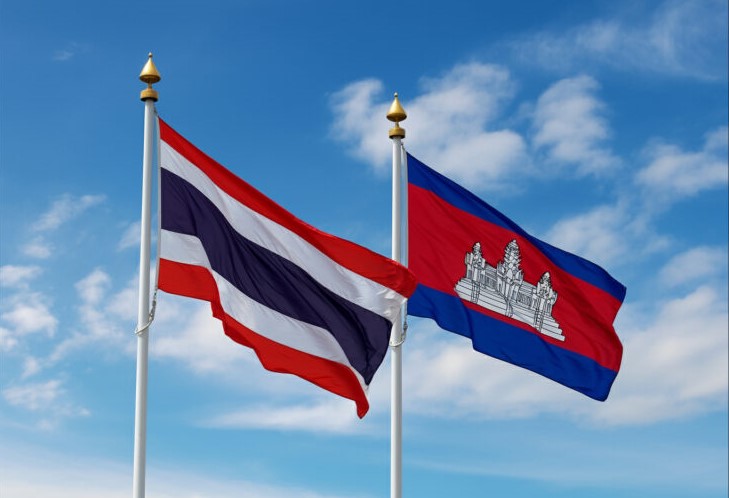Thailand and Cambodia agree to ceasefire after US mediation

Thailand and Cambodia announced on Sunday, July 27, their readiness to negotiate to end the bloody border conflict between them, following mediation efforts by US President Donald Trump. The decision came after intense communications between the three leaders amidst escalating hostilities that resulted in dozens of deaths and thousands of displaced persons.
Cambodian Prime Minister Hun Sen confirmed that his country agreed to an "immediate and unconditional ceasefire," noting that President Trump also informed him of Thailand's agreement after contacting its Acting Prime Minister, Wissanu Krea-ngam.
Hun Sen stated in an official statement: "It is positive news for the soldiers and the people of both countries," explaining that he instructed his Deputy Foreign Minister, Prak Sokhonn, to coordinate with US Secretary of State Mike Pompeo and to directly contact his Thai counterpart to implement the ceasefire.
Meanwhile, Thailand expressed a more cautious stance, where Wissanu thanked Trump, confirming his country's "principled" agreement to the ceasefire, but emphasizing the need for "sincere intentions" from the Cambodian side, according to a statement from the Thai Ministry of Foreign Affairs. He also called for "prompt bilateral talks" to discuss practical steps towards a peaceful resolution.
Despite the agreement announcement, clashes continued on Sunday along the disputed border areas, with both sides exchanging accusations regarding renewed shelling and troop movements. The death toll from the ongoing fighting, now in its fourth day, reached at least 33, with over 168,000 civilians displaced.
US President Donald Trump had posted on the "Truth Social" platform on Saturday that he had spoken with the leaders of both countries, warning that he "will not proceed with any trade agreements with either side if hostilities continue." He later added that both parties agreed to hold a meeting to negotiate a ceasefire.